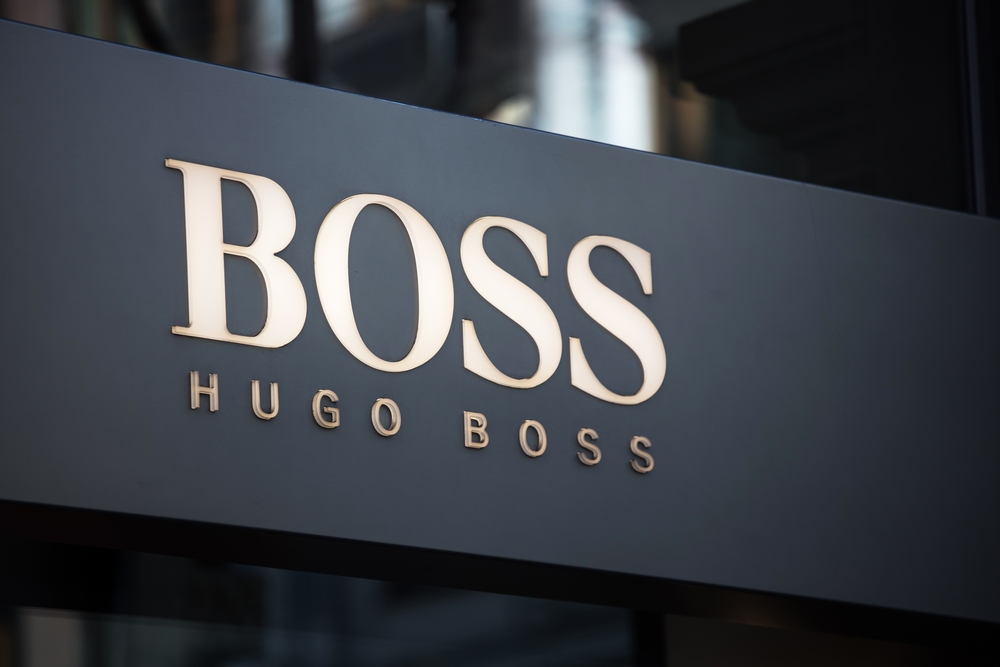Contrary to popular myth, Boss didn’t design the uniforms, he manufactured them as one of many suppliers.
Others are reading now
Contrary to popular myth, Boss didn’t design the uniforms, he manufactured them as one of many suppliers.
A Fashion Empire with a Dark Past
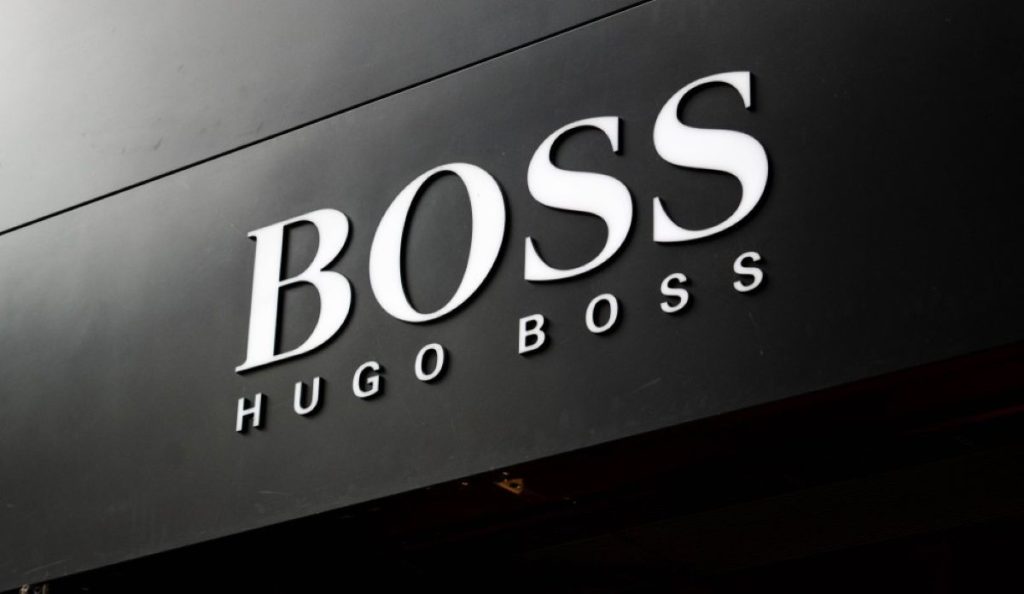
Today, Hugo Boss is synonymous with sharp suits and luxury fashion.
But before it became a global style icon, the German brand was deeply entwined with one of the darkest chapters in modern history, Nazi Germany.
From Modest Beginnings to Military Contracts
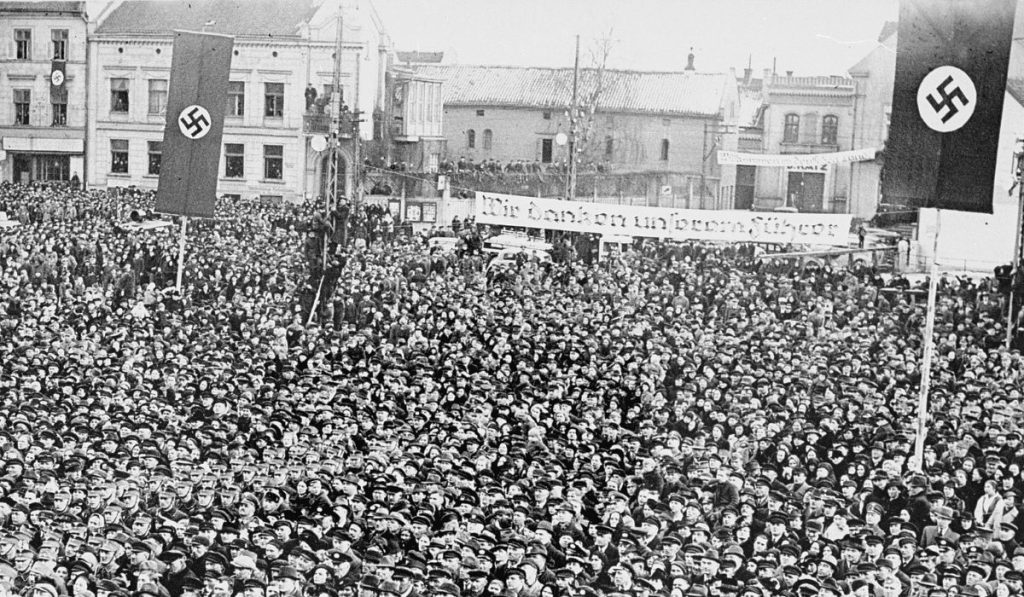
Hugo Ferdinand Boss, born in 1885 in Metzingen, started out as a textile apprentice and later opened a small garment factory in 1924.
Also read
His business catered to Germany’s middle class, until economic crisis and political opportunity changed everything.
Bankruptcy and a Strategic Alliance with the Nazis
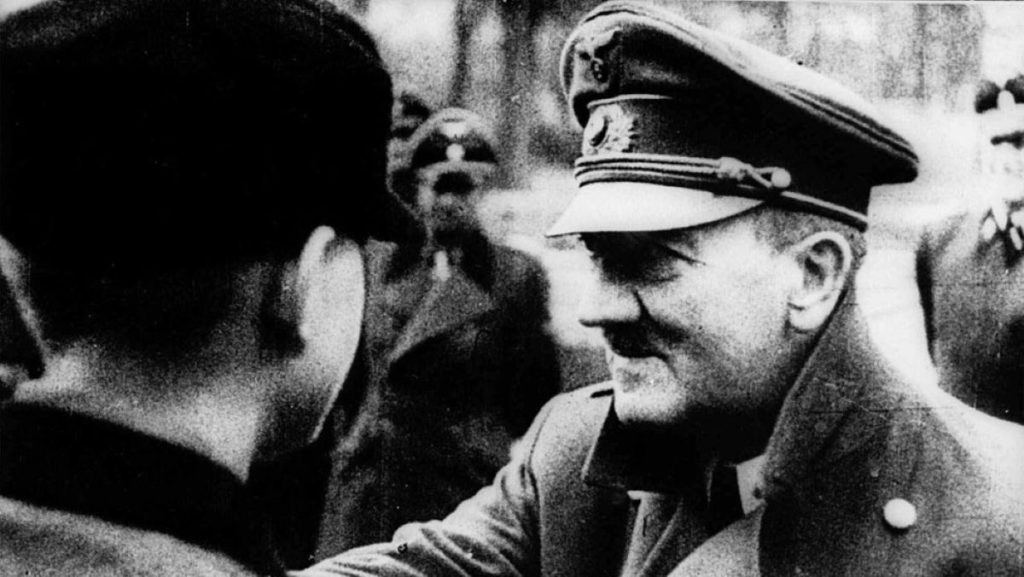
By 1931, the Great Depression had devastated Boss’s business. Facing bankruptcy, he made two fateful decisions: he mortgaged the company’s assets and joined the Nazi Party.
His reward? A contract to manufacture brown shirts for the Hitler Youth, his first big break under the regime.
The Nazi Uniform Machine
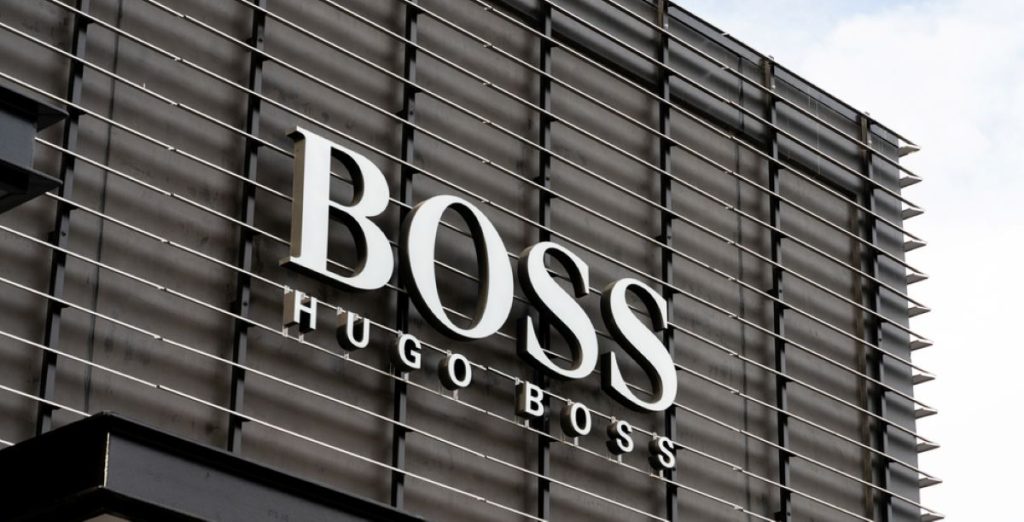
When Hitler rose to power in 1933, demand for party-aligned uniforms exploded.
Hugo Boss’s factory began mass-producing outfits for the SS, SA, and other branches of the Nazi state.
Contrary to popular myth, Boss didn’t design the uniforms, he manufactured them as one of many suppliers.
Profiting from Political Loyalty
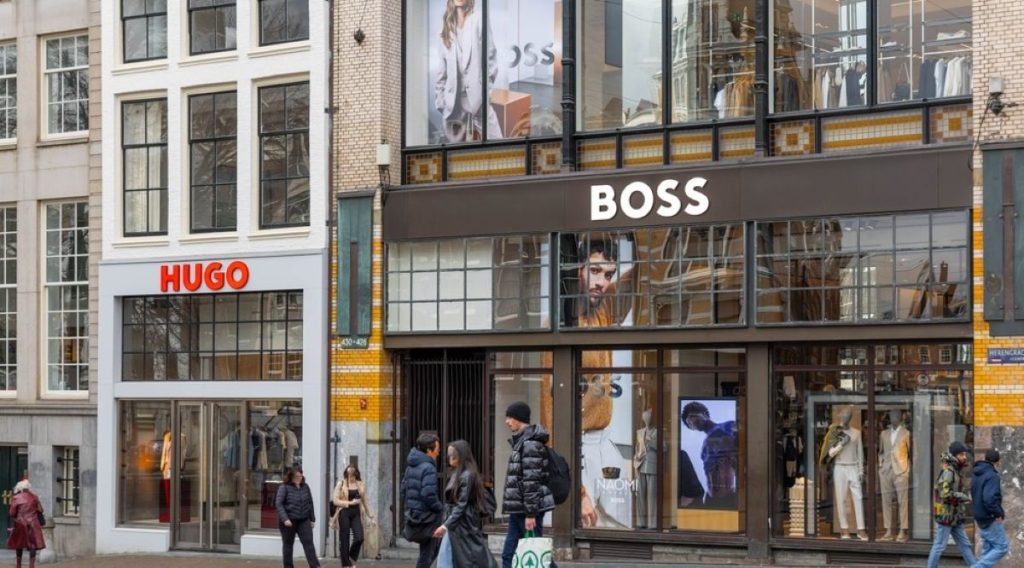
Boss embraced the Nazi ideology in both business and life.
He converted to a regime-aligned form of Christianity, posed proudly with a portrait of Hitler, and scaled up his business through party connections and growing demand for uniforms.
World War II: A Factory Fueled by Forced Labor
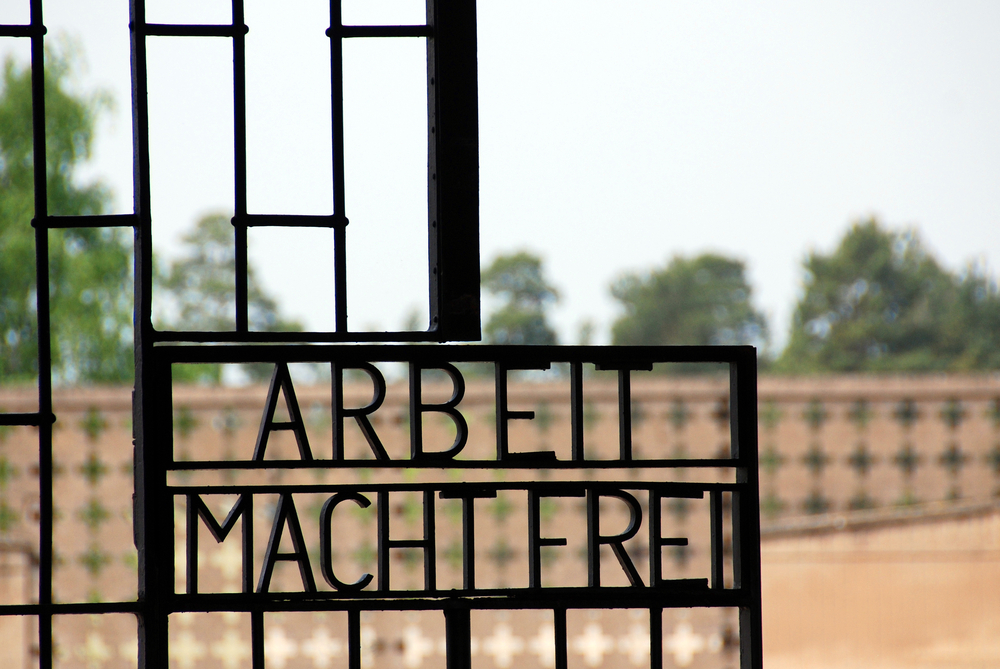
As WWII raged on, Boss’s production line became part of the Nazi war machine.
By 1944, his company employed over 300 registered workers and up to 140 forced laborers, many of them women, who were brought in to meet the skyrocketing demand for military attire.
Prisoners of War in the Sewing Room
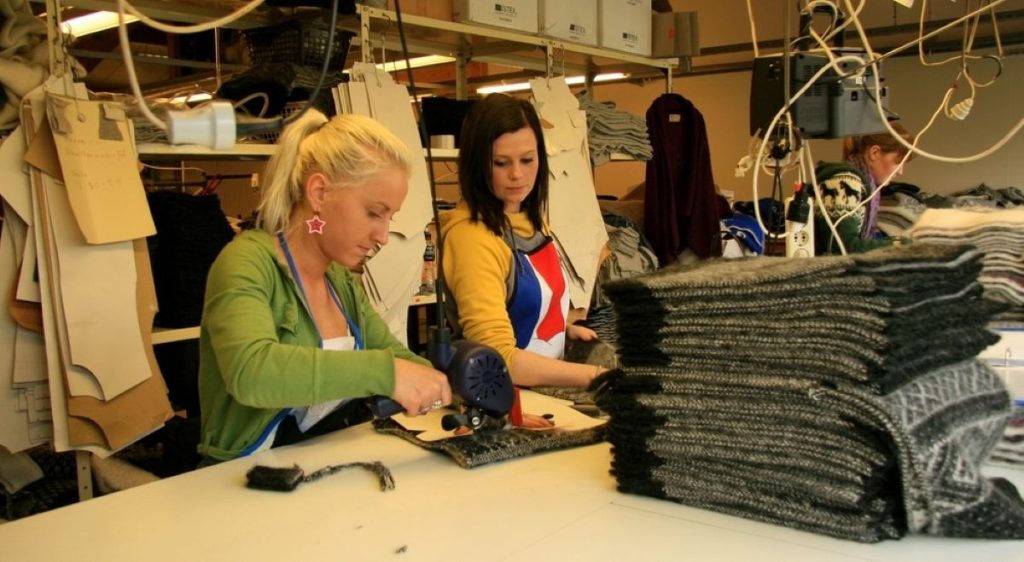
Among the forced laborers were at least 40 French prisoners of war, forced to stitch uniforms for the regime that had defeated their country.
The Nazi occupation of France fed a network of exploitation, and Boss’s factory was among the beneficiaries.
Denial and Survival After the War
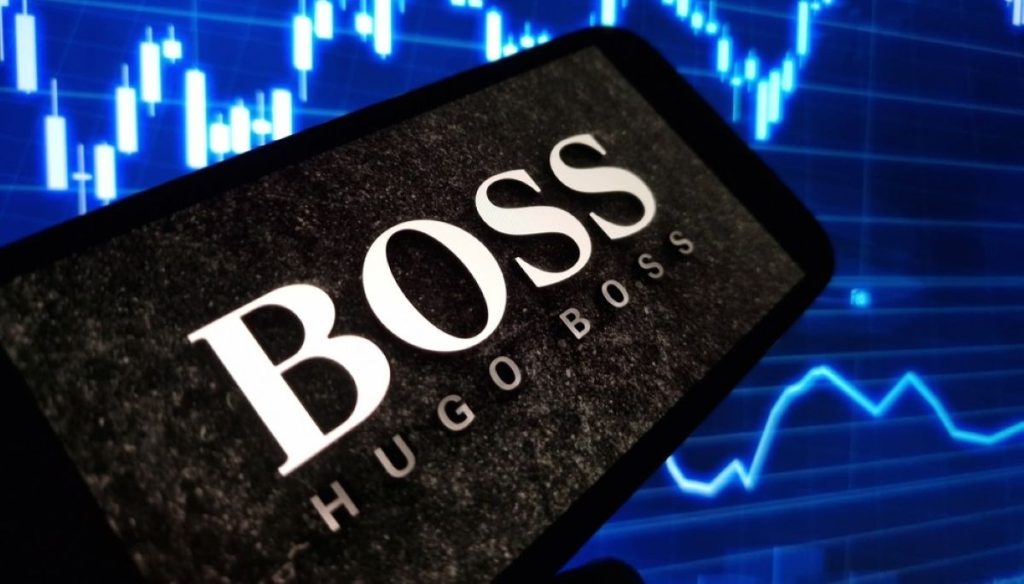
After Germany’s defeat, Boss was held accountable for his involvement.
Though initially punished, he appealed successfully, rebranding himself as a mere “follower” rather than an enthusiastic supporter.
Local allies and clever legal framing helped him avoid major consequences.
Rebuilding with a New Face

Hugo Boss died in 1948, and control of the company passed to his son-in-law, Eugen Holy. Ironically, Holy’s family had suffered under Nazi persecution.
Under his leadership, the company shifted to civilian tailoring, eventually introducing suits in the 1950s.
From War Uniforms to Red Carpet Suits
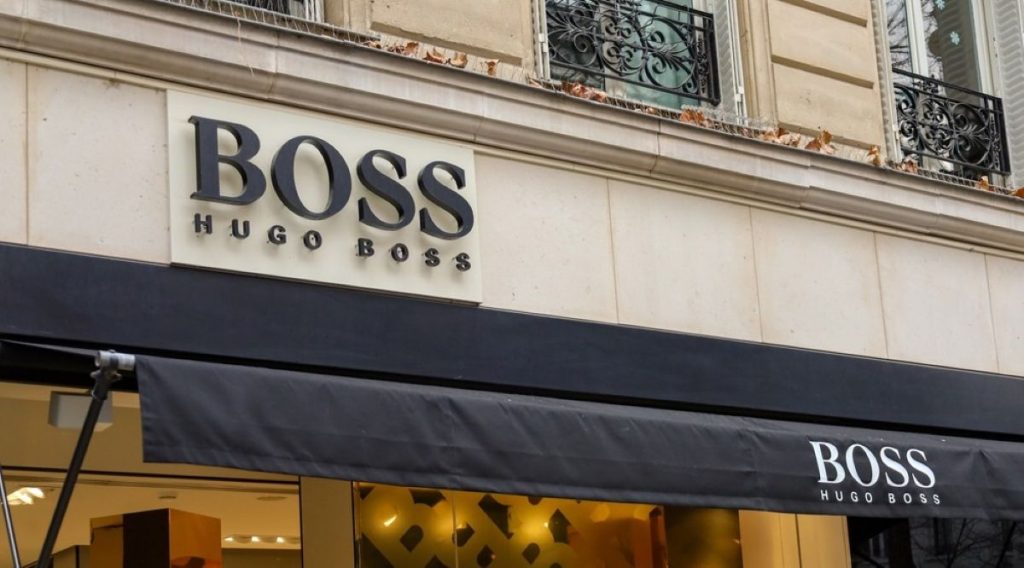
Holy distanced the brand from its fascist roots and began its transformation into a fashion powerhouse.
By the 1960s, Boss was manufacturing for civilian clients, and by the ’80s and ’90s, its sleek aesthetic had become a global symbol of modern masculinity.
The Secret That Wouldn’t Stay Buried
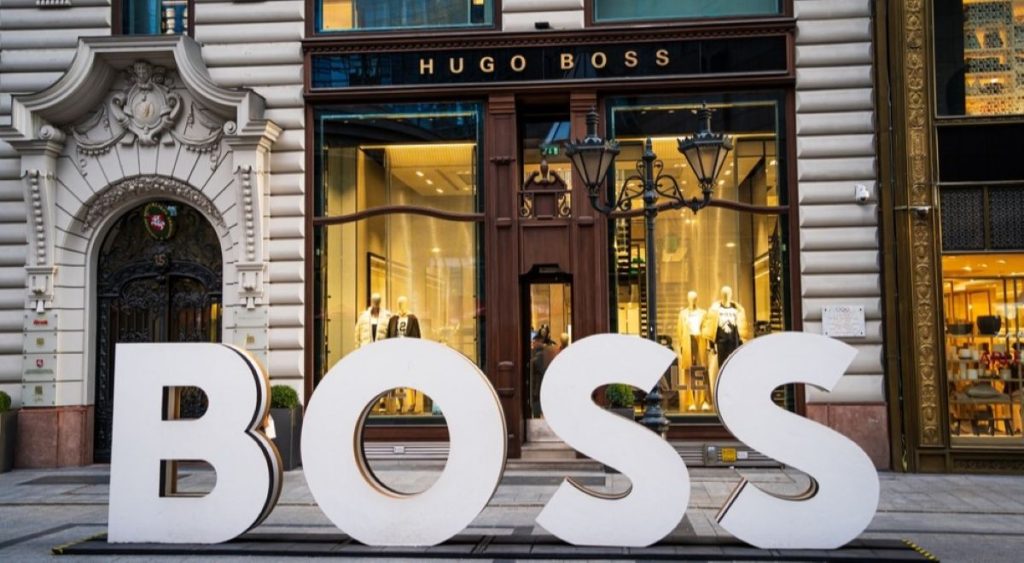
For decades, the company’s Nazi-era activities were buried beneath its rising reputation.
But as Germany’s postwar generations began interrogating their history, Hugo Boss’s complicity resurfaced.
Facing the Truth, Publicly
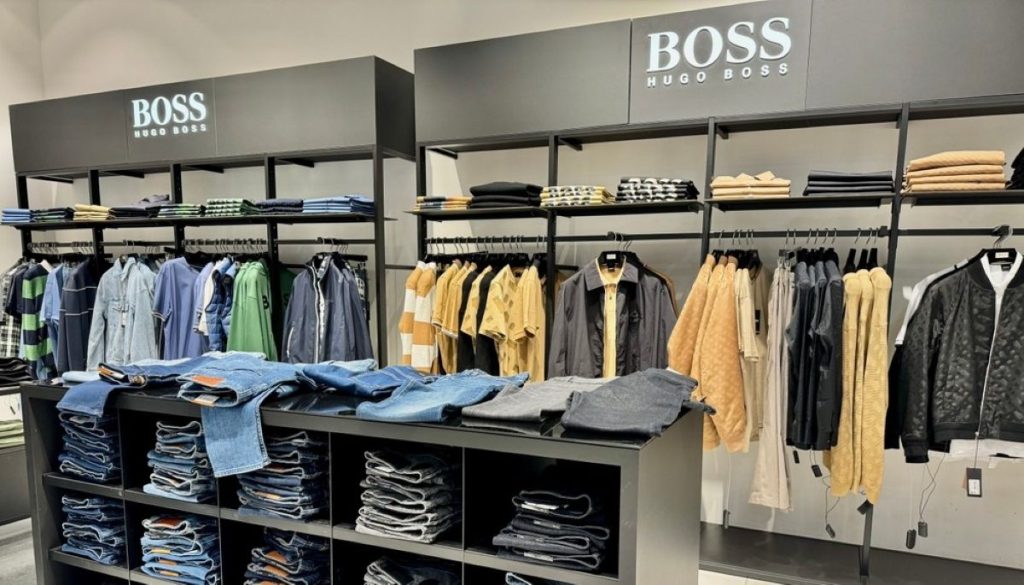
Under growing pressure, the company commissioned an independent historical investigation, which confirmed its wartime use of forced labor and alignment with the Nazi regime.
The findings were made public as part of Germany’s reckoning with its corporate past.
A Corporate Apology 70 Years Later
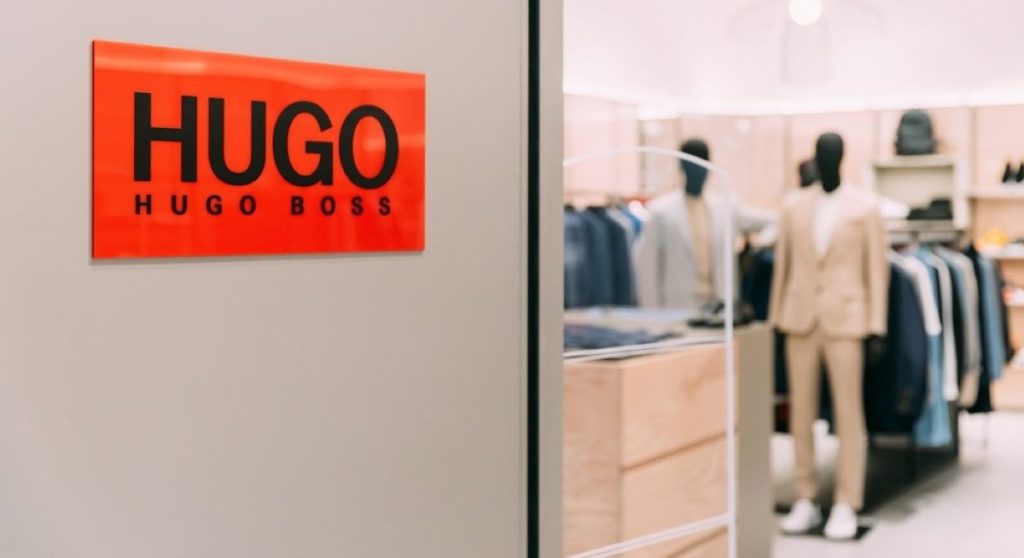
In 2015, Hugo Boss joined other major German firms like BMW and Bayer in signing an open letter of apology marking the 70th anniversary of the end of WWII.
The company acknowledged its role and offered a formal expression of regret.

